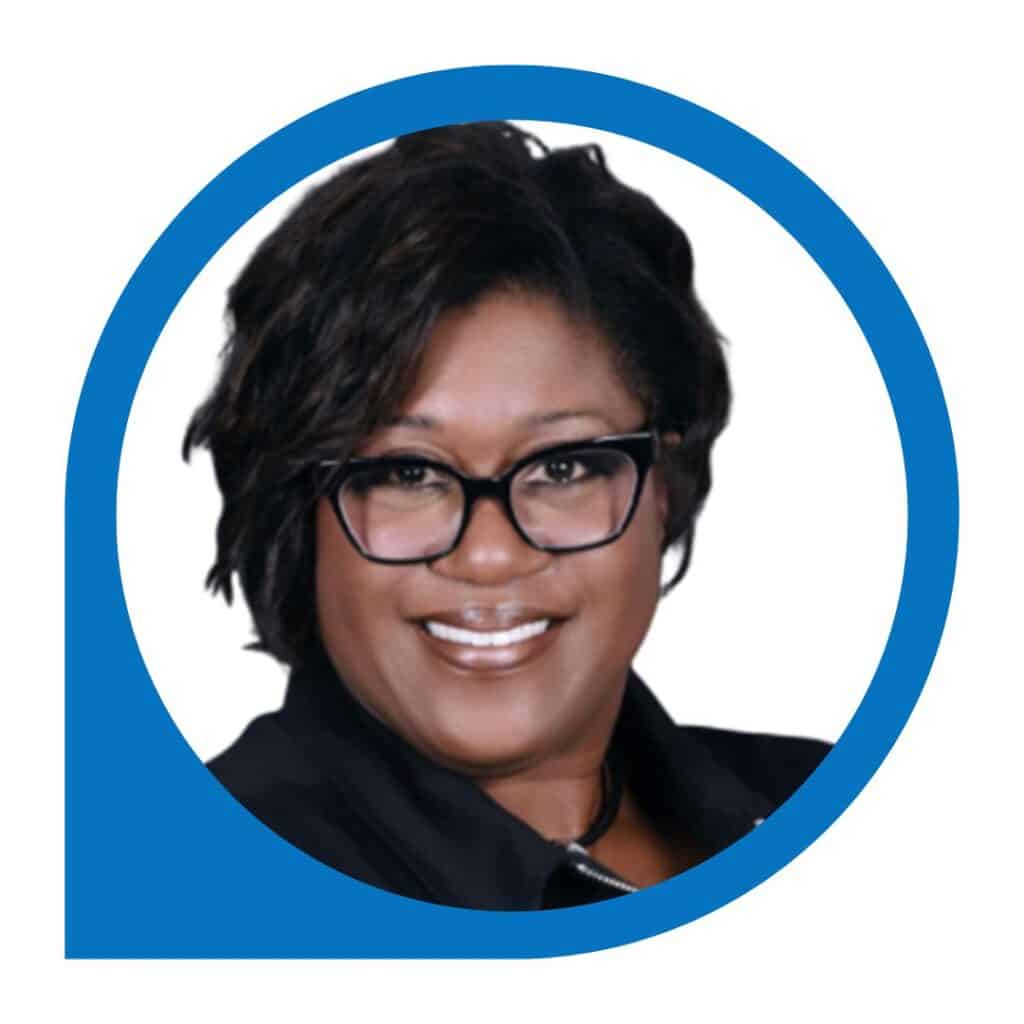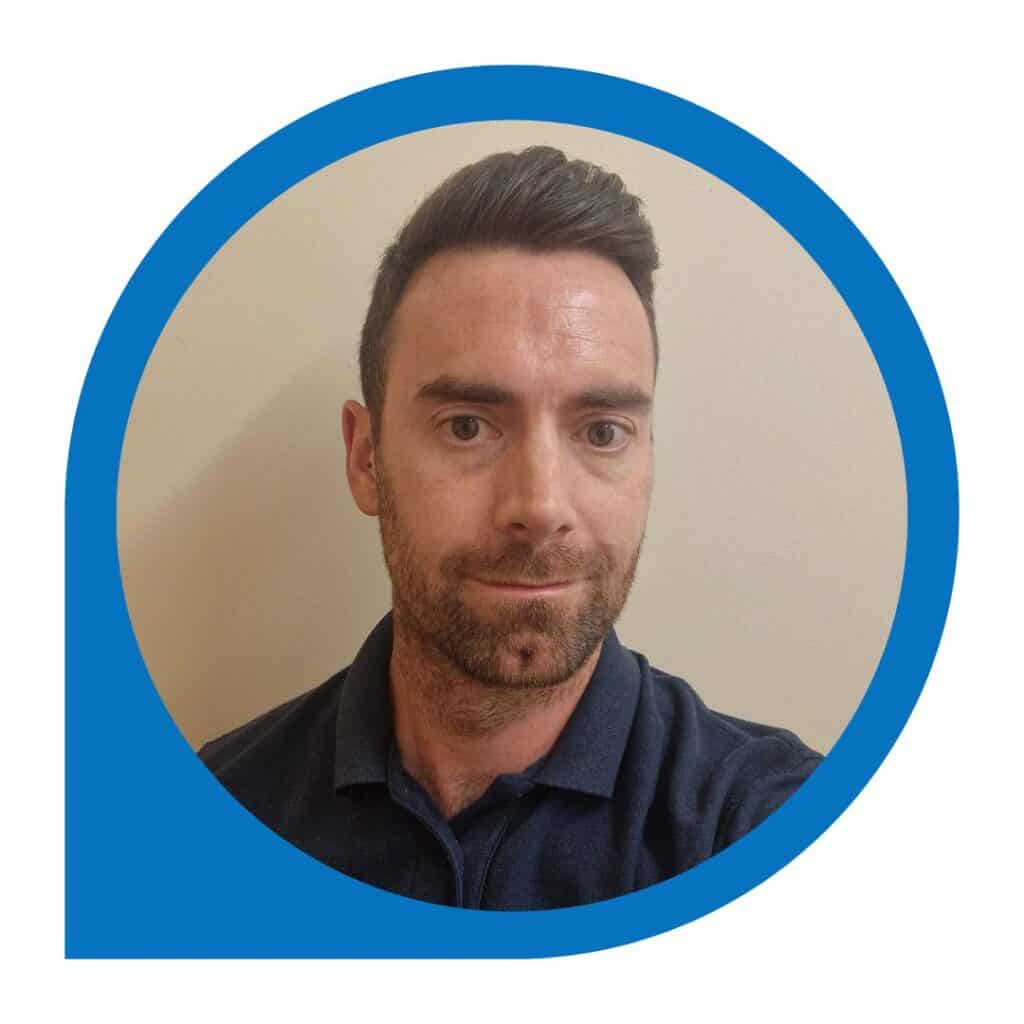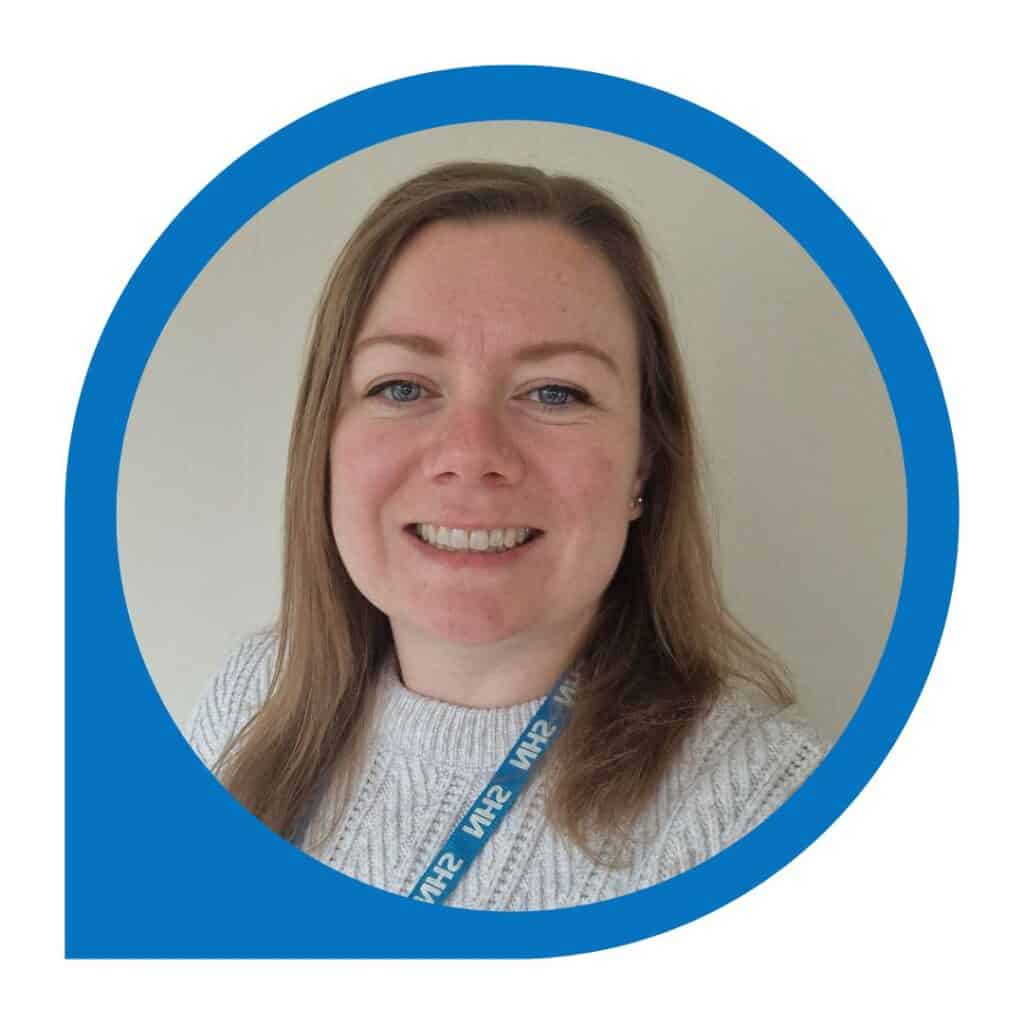Everyone has mental health issues at some point in their lives, often more than once.”
This International Men’s Day, we’re shining a light on men’s mental health by introducing you to David Jones, Clinical Governance Facilitator at BSMHFT. David brings a wealth of experience from nursing, the Care Quality Commission and now clinical governance – championing quality care and supporting colleagues across the Trust.
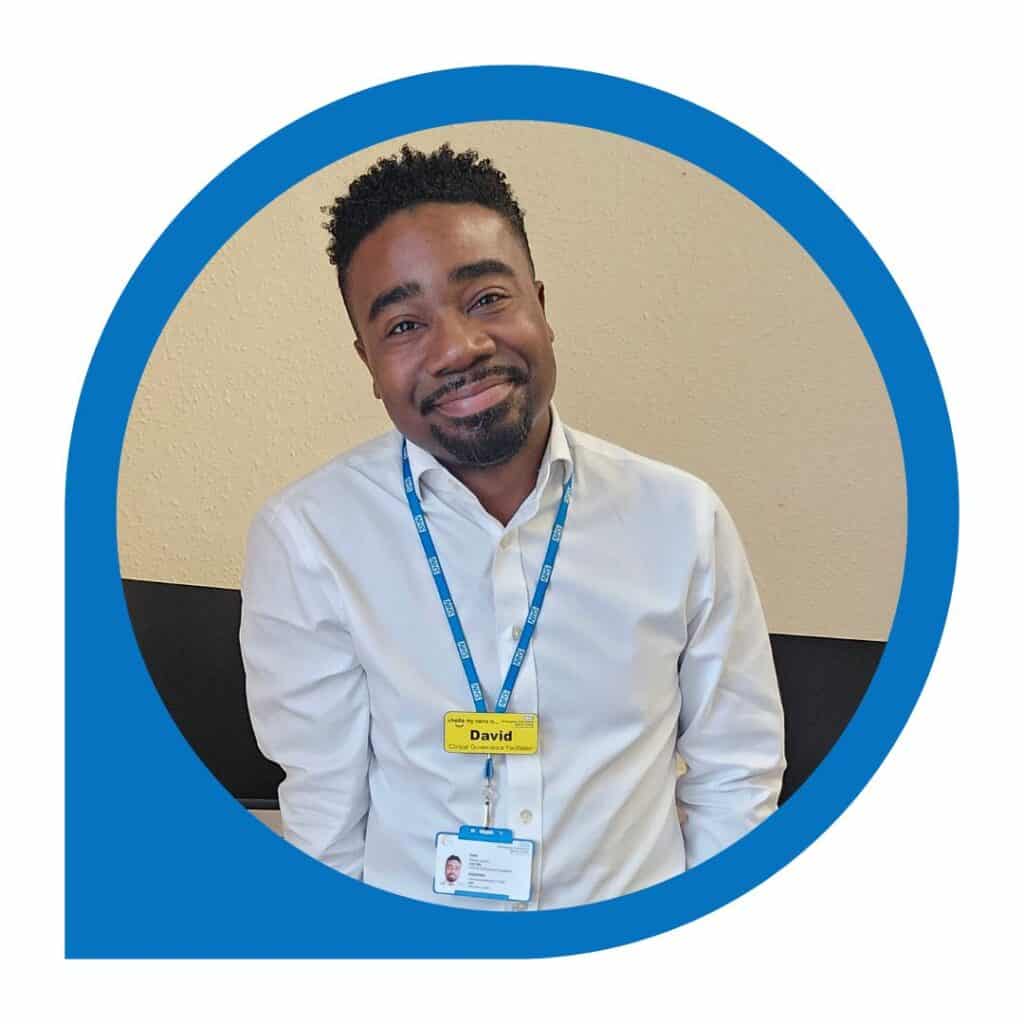
As an active member of BSMHFT’s Men’s Staff Network and a Mental Health First Aider, David is passionate about creating spaces for men to connect, share and support each other. In this special Five Minutes With, David shares his journey, insights on mental health and why meaningful conversations matter now more than ever.
Please could you start by telling us a little bit about yourself and what you do at Team BSMHFT?
“Hi everyone, my name is David Jones, It’s a popular name (we don’t say common), so now you can put a face to this name!
“I qualified as a nurse back in 2004 and worked numerous roles including clinics, outpatients, nursing homes and bank. I left nursing as I felt a change in the NHS and became a driving examiner (I promise I was a nice examiner). But I missed health care so went into the Care Quality Commission (CQC) and from there to BSMHFT. I started in the Trust in March 2024. Personally, I come from a big close family. I am a twin and have three children. My eldest is 19 – yes, I am that old!
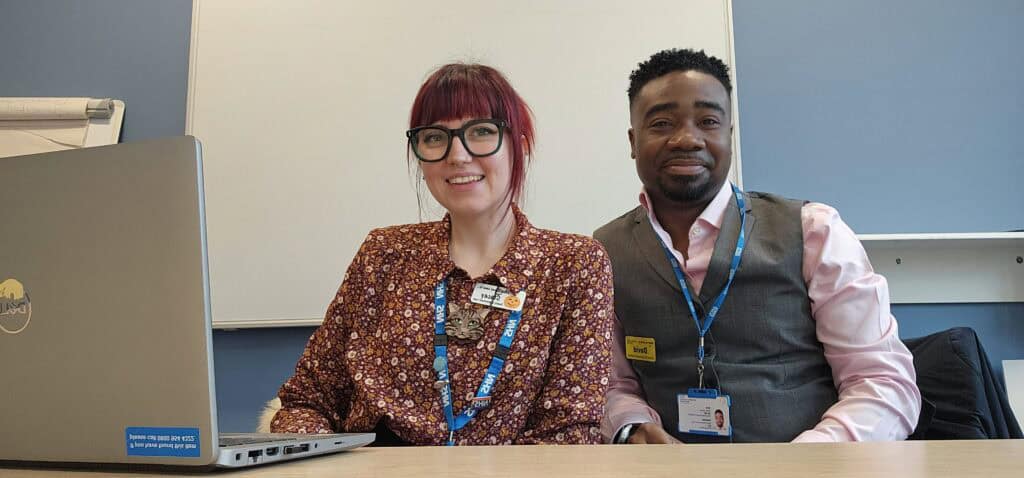
“At BSMHFT I work as a Clinical Governance Facilitator (CGF) in the Clinical Effectiveness team and I’m a Mental Health First Aider. There is seven of us in the team. Each of us covers a different directorate in the Trust. As CGF’s, we assist in putting clinical guidelines into practice. Guidelines such as those from the National Institute for Health and Care Excellence (NICE). Our role is to improve our care, analyse data and report back to our directorate trends in incident figures. We support in the writing, registering and managing of risks, as well as the audit process. Also, we support our Quality Improvement (QI) colleagues where possible, at events and during training. QI are the other half of the Clinical Effectiveness team and is managed by the Head of Quality Improvement and Clinical Effectiveness.”
What is it like day-to-day working within the Clinical Governance team?
“Most days are spent working from home and might involve calls from CGF colleagues, answering emails and MS Teams messages throughout the day. Having colleagues to talk to is important as it helps break up the day and gives me that interaction I need at times. I only have my cat, Luna, for company at home and most of the time she spends the day asleep in another room.
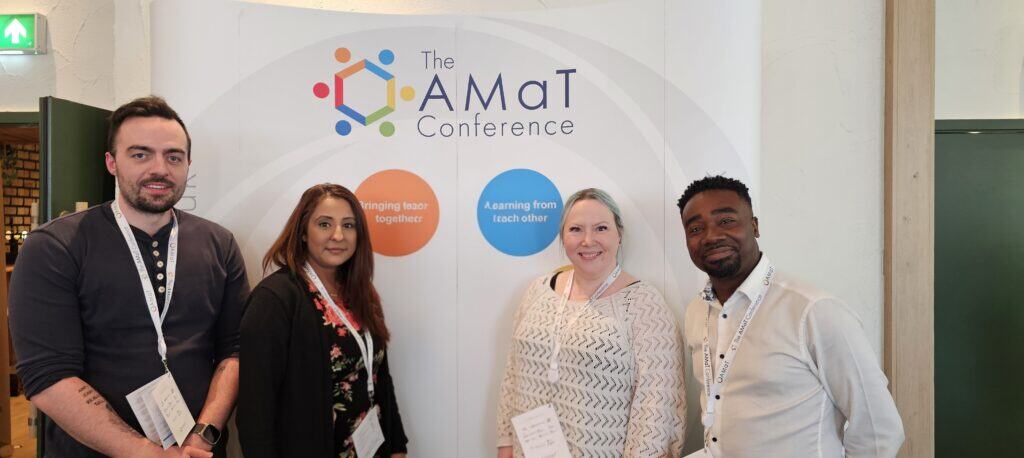
“I work on reports, risk registers and support with audits where required. It’s a lot of background work to support my clinical colleagues. I seem to have taken on side projects also, such as arranging team outings and events which is harder than it seems with a diverse team such as ours.”
Has there ever been a stand-out moment in your career that has made you pause and reflect?
“When I first joined the Trust, I arranged to visit the teams and areas I cover in my directorate as part of my induction. Seeing and getting to know so many teams, colleagues and all the various facets of mental health care provided by the Trust truly made me realise how widespread mental health can be and how crucial the Trust is for our community and patients.”
What’s the biggest misconception people have about your job?
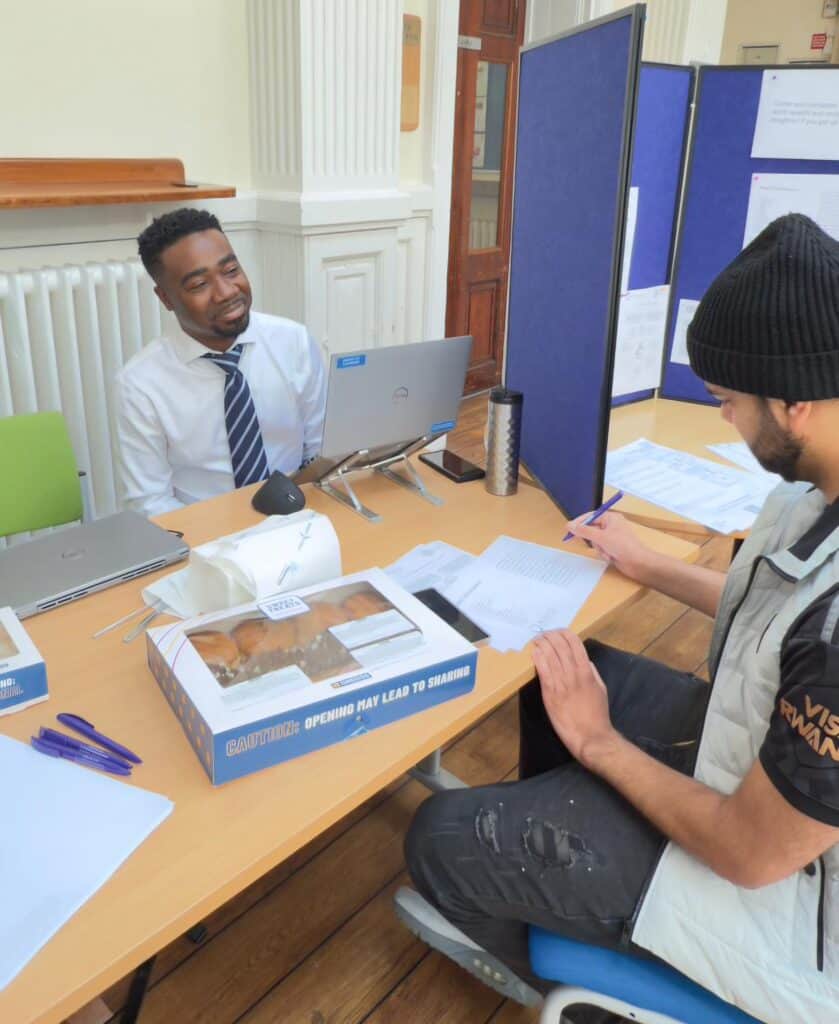
“That I only work on Clinical Governance Committee (CGC) meetings, collating manager reports and doing presentations for the CGC. Clinical Governance Facilitators do so much more. Depending on the report, to give the most up to date and accurate report possible, we pull the data after the first of every month for information on the month prior. Sometimes we are requested to do multiple reports, some that other BSMHFT colleagues add to before going to Commissioners or Governors. For our AAA (incident) reports, we try to write those as close as we can to our CGC for the most up to date figures.
“We also meet bi-weekly for team meetings where as well as going through our agenda we have teaching sessions. This is where one team member gives a presentation on an aspect of our role. Clinical Effectiveness is an amalgamation of Quality Improvement as well as Clinical Governance and so you may see us with QI colleagues at promotional QI events.”
Why did you decide to pursue a career in mental health specifically?
“I fell into this role. Although I was a nurse, I was an adult nurse but always had an interest in mental health. Everyone has mental health issues at some point in their lives, often more than once. Effects felt indirectly from friends or family with poor mental health. The recent pandemic shone a big spotlight on mental health. Personally, throughout my life, having experienced negative impacts on my mental health as well as those I love around me, I wanted to learn and do more to improve the mental health of others.
“With my role as a CGF, a friend/colleague suggested I apply for this role, as it was something she did for another Trust. It allows me to be more involved in healthcare than I was at that time.”
Can you tell us a bit more about Mental Health First Aid?
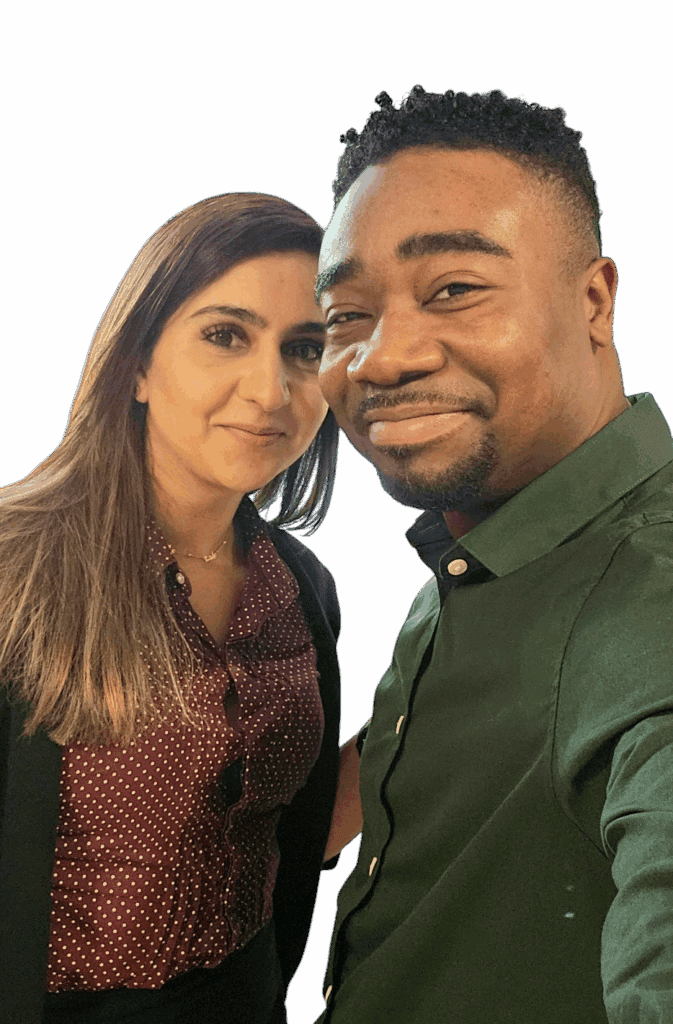
“Mental Health First Aid is something I heard of in a previous role. I’ve always had an interest in mental health and wanted to do further studies. Although, having a family and a household to look after, I was reluctant in going back to study. However, being a Mental Health First Aider is a positive step, in that I have been given some of the tools to support someone in an acute mental health situation and to signpost them for professional help. As well as a brief overview of mental health conditions, it looked at other subjects such as what influences mental health, self-care, listening to others and it helped me to understand how words can affect others.
“Since joining BSMHFT I have been involved in the Men’s Staff Network and have participated in meetings aimed at enhancing the life of male colleagues in the Trust. I think it’s important that men have a space to talk and bond over similar experiences. “Men are a particularly challenging group when it comes to mental health communication.” (L. Lynch et al, 2018).
“So, creating opportunities for meaningful interaction and support can make a real difference. It is here where I was first given the opportunity to speak about my Mental Health First Aider training and I am really grateful for them allowing me to do so.”
What do you do to improve your mental health and wellbeing?
“There are lots of things I like doing to improve my mental health and wellbeing. As I am working indoors all day, I like to get out in nature, going on walks and looking for any wildlife along the way – ducks, squirrels or ponies, depending on where I go.

“I do love traveling both in the UK and abroad, expanding my understanding of other people and cultures. When I do want to stay in, I do like a bit of gaming. I like free roaming adventure games like the Legend of Zelda or Pokémon. I’m quite the Super Mario fan and have a collection of Mario memorabilia.
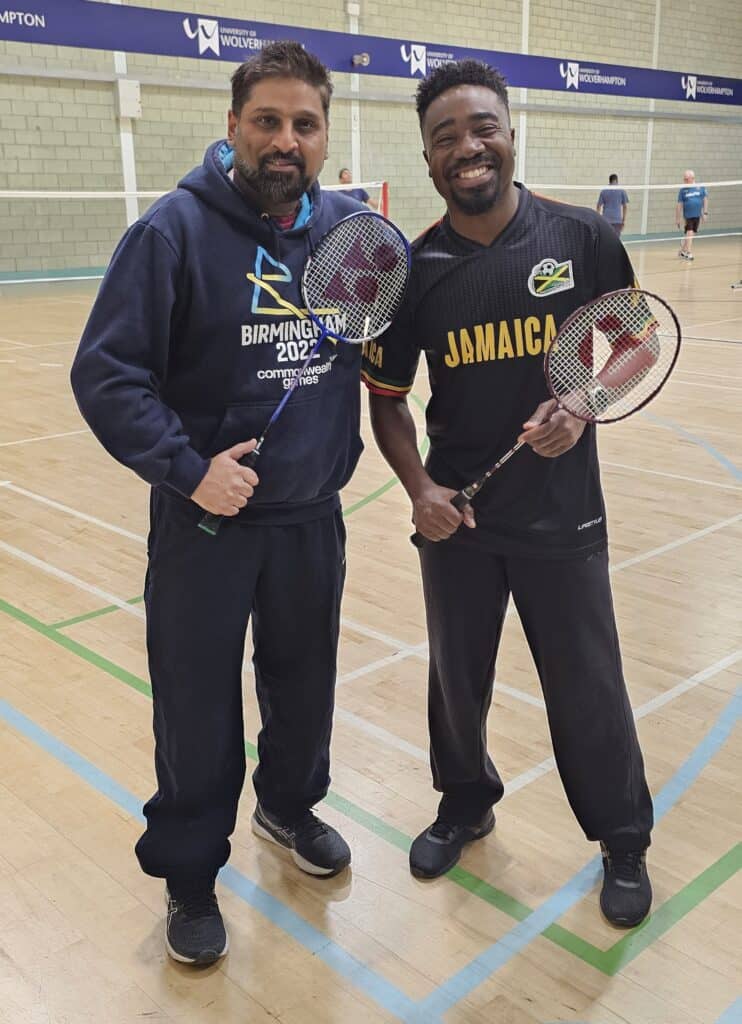
“I can’t forget family, I love spending time with my family. Everyone is busy these days so on the odd occasion we do get together, especially with my siblings, it’s a joyous occasion. This goes for my friends also. Weekly I meet up with some friends for a game of badminton. We get to catch up in between matches off court and trash talk whilst playing on the court.
“I like to cook and whilst at home, I have the music on loud, singing and dancing as only Luna is watching and she looks at me judgementally, anyway. I also volunteer at a charity which uses donated food from shops to provide cooked meals for the people in community. As well as getting me out doing something positive with my time, I’ve been able to meet new people and make friends with my fellow volunteers.”
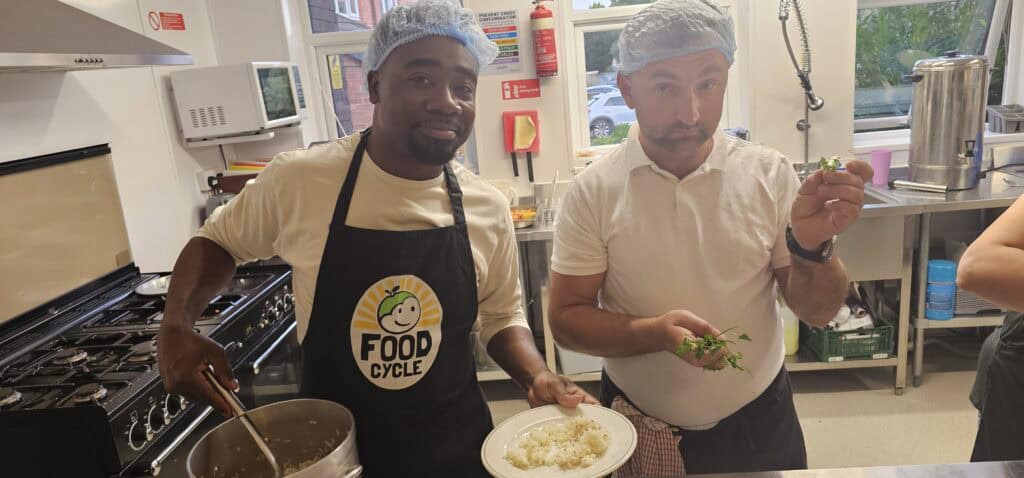
Past, present or future, what three people would you most want to sit down for a meal with?
“Robin Williams. I’d love to hug him and tell him how much he meant to me and so many other people. He was in a lot of comedy films I enjoyed when I was younger. I’d want to let him know there’s nothing that is so bad that he (with help) cannot get through.
“A work colleague. I won’t mention any names. However, we rarely get to sit and talk due to work and home commitments. These are some of the people I spend most of my time with but only really on a professional level. Yes, we talk about personal matters (i.e. children, holidays, cats!) at times but it’s usually rushed or in a less than personal setting. A lot of us like our food, so having this person over for dinner would be nice.
“My great grandson to see what he is like. He could feedback on other members of the Jones’ family. Where they are, what they are doing with themselves and if any memories of me were passed down.”
Tell us something that people might not know about you

“I have a YouTube channel called A Dad Reads! I have a son who lives in Spain and one of the ways I can stay connected with him, is by sending him children’s bedtime stories that I record and post online. I try to do a summary of the story and have it relatable, like a life lesson. I shared this with a few with my friends who suggested that I make these videos open to the public, so remember to like, comment and subscribe!”
Describe yourself in three words
“Creative, charismatic and ambitious.”
David’s story reminds us that behind every role is a person with lived experience and that talking, listening and connecting can make all the difference. Please see our website for mental health support.
Reference
L. Lynch, M. Long, A. Moorhead, Young men, help-seeking, and mental health services: exploring barriers and solutions, Am. J. Men’s Health, 12 (1) (2018), pp. 138-149, 10.1177/1557988315619469
Published: 19 November 2025



